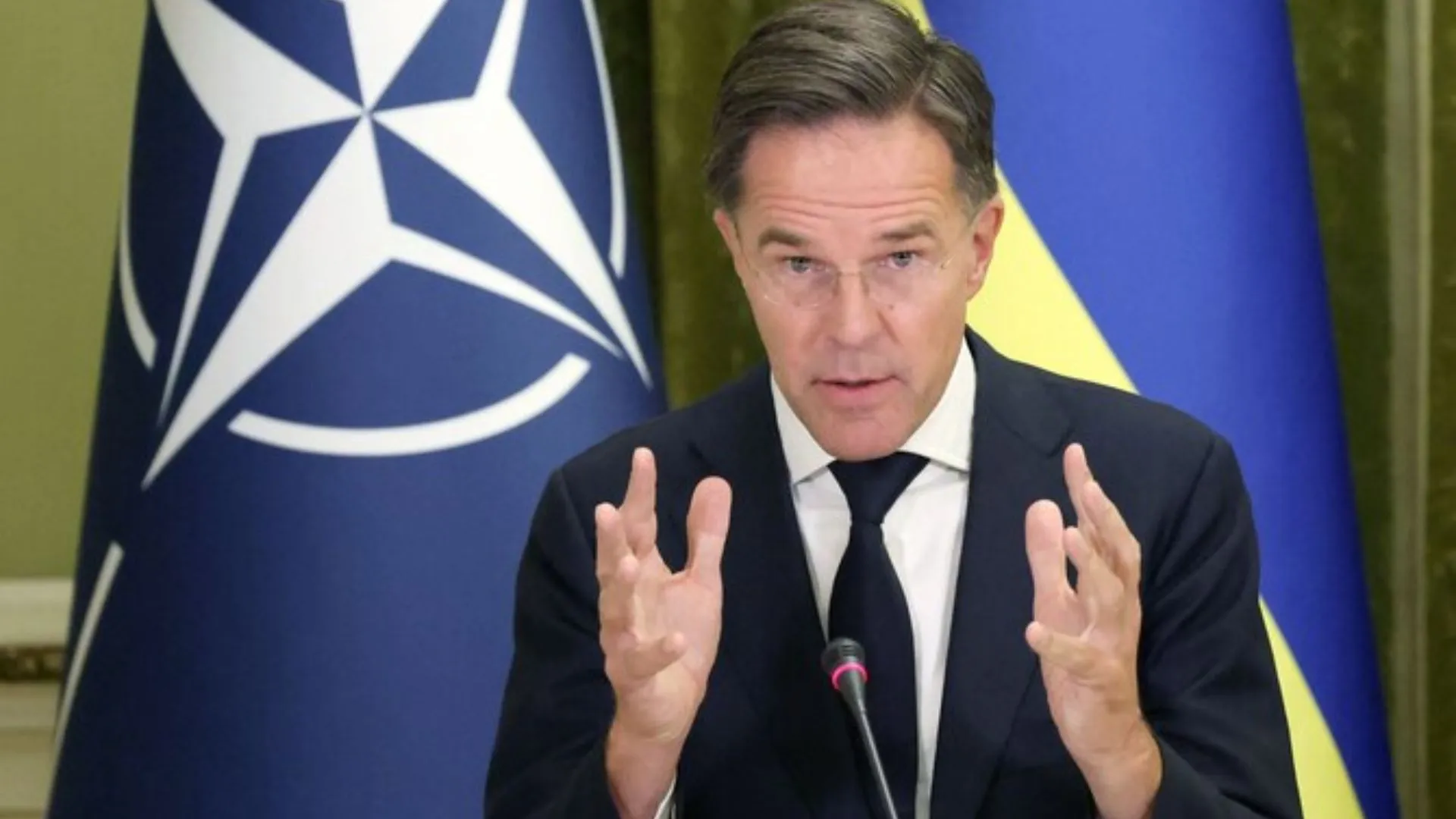The UK is emerging as a favored international expansion destination for a significant majority of Indian businesses, according to a recent analysis by business and financial adviser Grant Thornton UK released on Wednesday.
Grant Thornton’s International Business Report (IBR), which surveys around 3,500 senior executives across 31 economies each quarter, revealed that 89% of mid-market Indian businesses view the UK favorably for growth. Similarly, 61% of UK businesses see India as a promising market for expansion.
The ongoing negotiations for a proposed India-UK free trade agreement (FTA), now in its fourteenth round, are expected to further enhance this mutual business interest.
Both Indian and UK businesses are eyeing each other as key targets for global expansion, drawn by their strategic advantages and deep cultural ties, according to Anuj Chande, Head of the South Asia Business Group at Grant Thornton UK. He noted that the FTA presents an opportunity to strengthen the potential recognized by businesses on both sides of the UK-India corridor, positively impacting economic collaboration. For instance, improved market access and relaxed visa restrictions could foster further trade and investment growth.
According to the survey, 92% of Indian businesses believe that an FTA with the UK would encourage them to explore opportunities in that market, while 72% of UK businesses agree.
Most Indian respondents (90%) indicated they have a good understanding of the potential provisions and implications of the FTA, compared to 72% of UK respondents.
Key advantages of the UK market identified by Indian businesses included its strong infrastructure, innovative ecosystem, and digital competitiveness.
While optimism prevails regarding mutual business flows, the research also highlighted challenges. Respondents from both countries noted barriers such as ease of doing business, regulatory compliance, and high operational costs.
Chande pointed to significant recent investments, like Bharti Global’s acquisition of a stake in the BT Group, as evidence of ongoing interest from Indian investors in UK assets. However, challenges remain due to high business costs, including property rents and compliance-related expenses, as well as the complexities of the UK’s immigration and visa policies.
To promote growth, Chande suggested that streamlining regulatory processes and simplifying compliance would alleviate operational burdens for Indian businesses looking to enter the UK market.
Among the 301 UK businesses surveyed, about 71% do not currently have a presence in India, but 42% of those plan to establish one within the next two years. Of the 29% that do have a presence in India, nearly all (95%) intend to expand.
The primary challenges for UK businesses considering India include ease of doing business, regulatory hurdles, foreign exchange controls, and infrastructure issues.
Despite these obstacles, support is available for UK companies looking to invest in India. The Department for Business and Trade (DBT) offers assistance, and firms like Grant Thornton can provide tailored support for businesses exploring new markets.






















